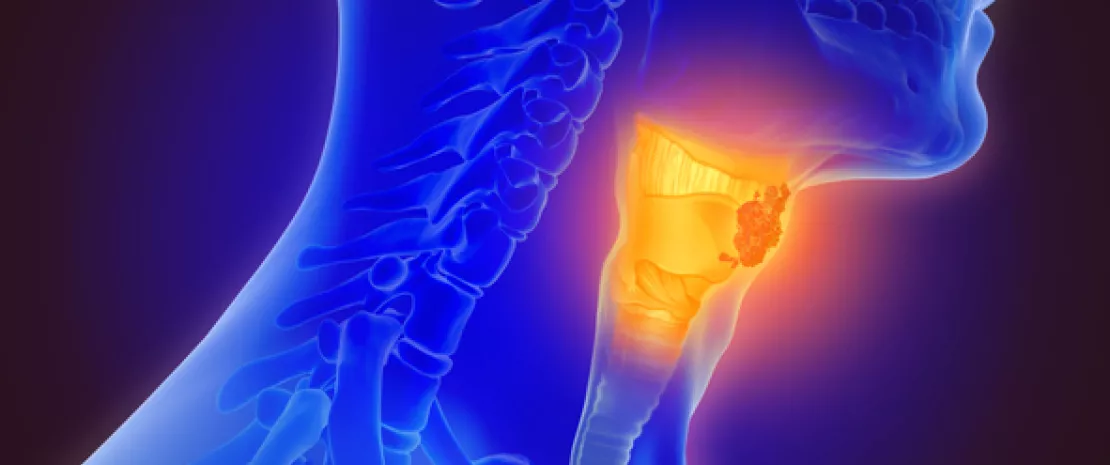Length of hospital stay and certain medication linked to oropharyngeal disturbance
A study has shown that the risk of oropharyngeal disturbance increases among hospitalized patients with the length of hospitalization and the use of certain treatments. The study points to the gut bacteria as the most common cause of imbalance.
Lay public section
Find here your dedicated section
Sources
This article is based on scientific information

About this article
The oropharyngeal microbiota (OM) normally comprises a wide variety of bacteria that help maintain a balanced local environment. Some illnesses and drugs such as proton pump inhibitors (PPIs) can disturb this balance, thereby allowing opportunistic pathogens to colonize the oropharyngeal tract. Microaspiration of these pathogens during hospitalization can lead to colonization of the lower respiratory tract, increasing the risk of nosocomial pneumonia. Early detection of oropharyngeal disturbance may be a means to reduce incidence. A team of researchers studying the occurrence of the disturbance during hospitalization has identified patient characteristics associated with the disorder.
Oropharyngeal disturbance increases with length of hospital stay
Oropharyngeal samples were collected from 134 hospital patients within 24 hours of admission, on day 3 of hospitalization, and then every four days for the remainder of their stay. The samples were analyzed by conventional bacterial culture and MALDI-TOF (matrix-assisted laser desorption/ionization time-of-flight) mass spectrometry, with the pathogens then classified into three categories: respiratory tract pathogens, gut microbiota species and yeasts. In 89% of the patients, the swab collected at admission showed a balanced OM. The authors found that a significant proportion of patients developed an OM disturbance during their stay, and that the number of patients with the disorder increased with the length of stay.
Antibiotics and PPIs responsible for disturbance
The prescription of antibiotics during hospitalization appears to be associated with this imbalance. Similarly, PPI and antibiotic use prior to hospitalization are predictive of an OM disturbance consisting of colonization by bacterial species from the gut microbiota. The study found that the risk of nosocomial pneumonia increased in patients treated with PPIs or antibiotics prior to hospitalization. Conversely, patients admitted to hospital on a short-term basis had a lower risk of oropharyngeal colonization by gut pathogens. These results underline the need for vigilance in the management of patients with risk factors associated with OM disturbance. Patients admitted to hospital with ongoing antibiotic or PPI treatment may well benefit from more aggressive physiotherapy aimed at maximizing lung aeration and minimizing aspiration. In this way, early detection of an OM disturbance may reduce the incidence of nosocomial pneumonia.






